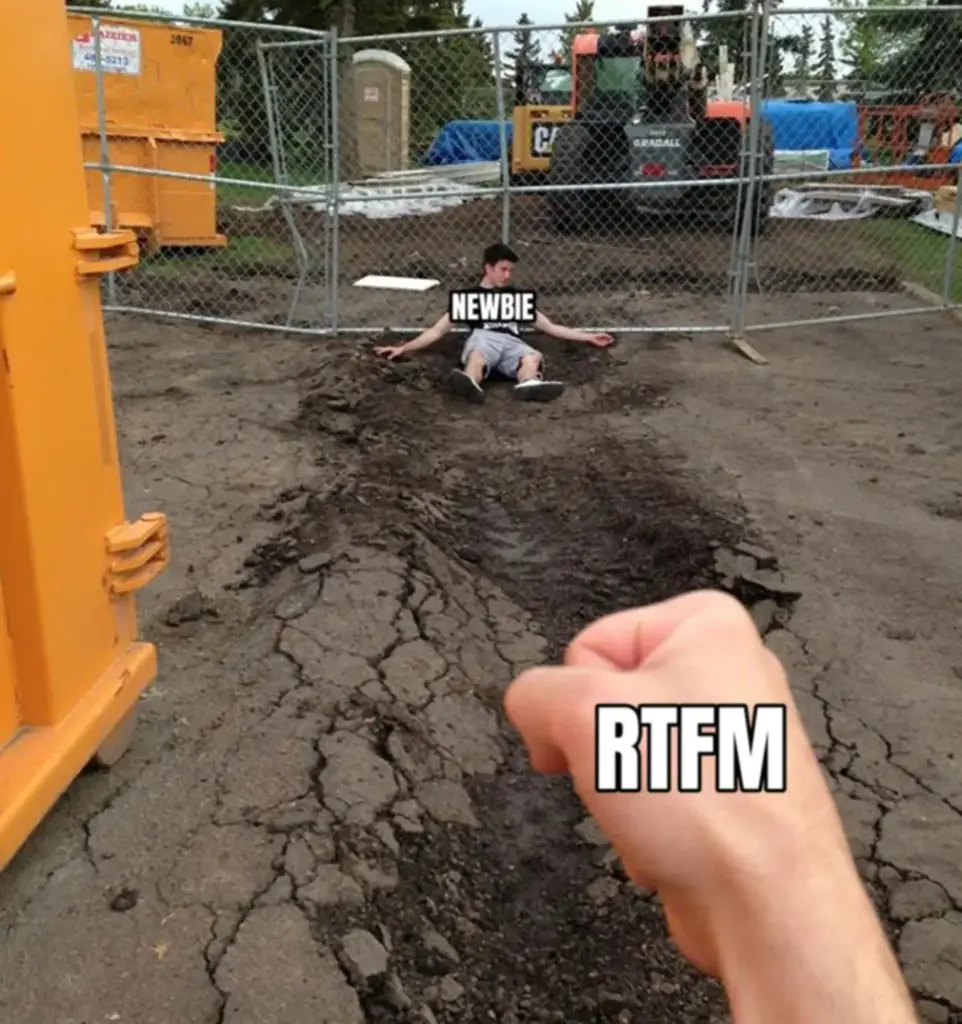this post was submitted on 29 Feb 2024
528 points (97.5% liked)
linuxmemes
20880 readers
6 users here now
I use Arch btw
Sister communities:
- LemmyMemes: Memes
- LemmyShitpost: Anything and everything goes.
- RISA: Star Trek memes and shitposts
Community rules
- Follow the site-wide rules and code of conduct
- Be civil
- Post Linux-related content
- No recent reposts
Please report posts and comments that break these rules!
founded 1 year ago
MODERATORS
you are viewing a single comment's thread
view the rest of the comments
view the rest of the comments

You know liquid nitrogen cooling can get you some insane cinebench scores, but you can't just pop a liquid nitrogen cooler in your PC and expect to boost your framerates. You need to disable so many safety things and if you don't know why they were there in the first place you're going to permanently damage your CPU.
Archlinux is that but for software and because it's software there's no physical barrier to entry. Arch is powerful, but if you don't know what you're doing you're better off with fedora or debian's hand holding.
My board lets me set vcore to 2V, what safety lol
If you actually measure voltages (I have), you'll find out that that is not always true... in some cases, yes, in most cases, no. Depends from MB manufacturer and model. AMD chipsets usually allow this and the declared settings are what you can actually measure on the board. Intel though... nah, way too many failsafes in place to let you do whatever you want, even though the firmware will report that you've set it a certain way (Vcore = 2V, as in your case).
Mind doesn't. At least I think. You know I've never checked. I better not. I'd probably break something. I know when to stay in my lane.
Besides the installer, in what ways do Debian and Fedora hold your hand?
ls --then double press tab. It should suggest valid arguments. This isn't a thing on arch unless you install thebash-completionpackageThey have far less failure points. Also, the AUR. None of them have anything remotely like that, which is also a big stability issue, but hey, it's bleeding edge, so you should be prepared for that.
Debian is more or less like RHEL/Rocky... with RHEL being even more stable and taking even less risks. They update only if they have to and only security related issues. Otherwise, RHEL is feature fixed. You have to upgrade to a new version to get a new set of libraries and applications. Debian... yeah, they're also feature fixed, but they sometimes update certain things that are required by most users, since Debian is also considered a desktop distro, not just a server distro.